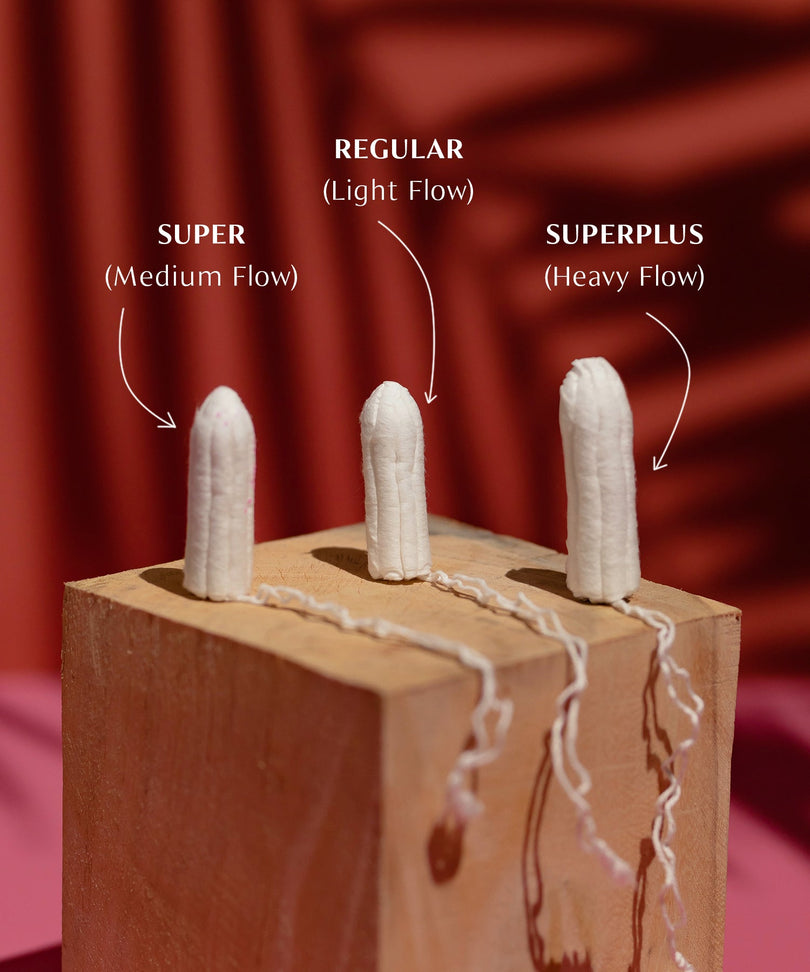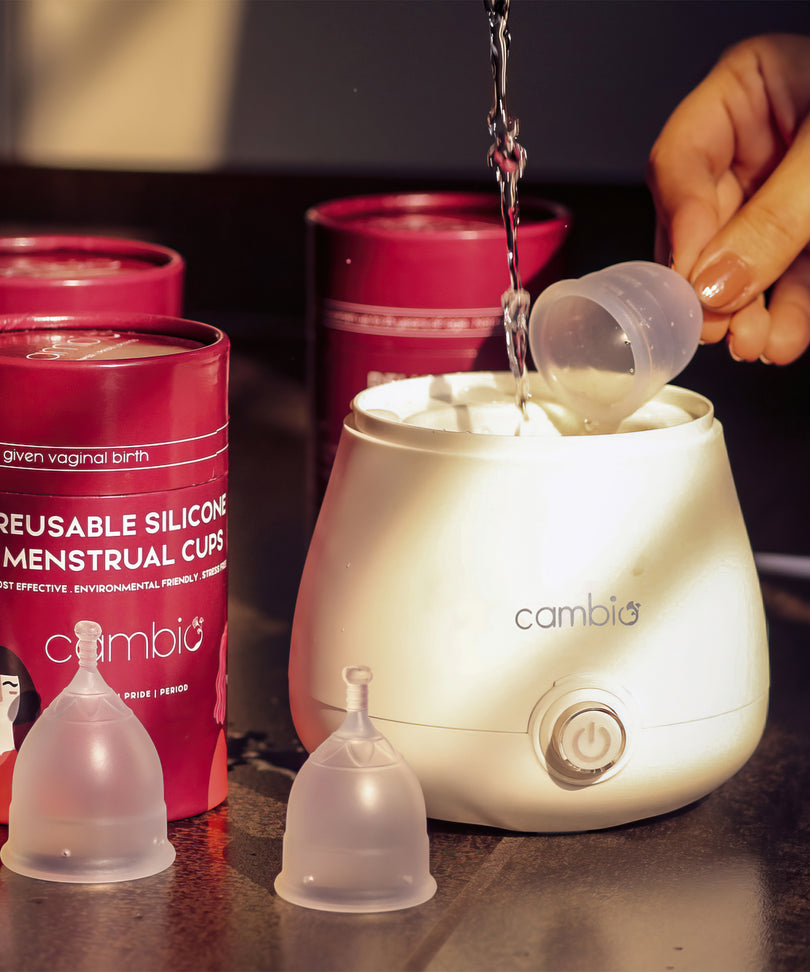Menorrhagia is the medical term for heavy menstrual bleeding, in which the amount of blood lost during menstruation is more than usual. While managing regular periods can be inconvenient, dealing with heavy periods can be extremely challenging.
Heavy periods can interfere with your social life, work, routine, and ability to perform various activities. It can be frustrating to be forced to stay indoors wearing extra protection feeling you could be doing so much more with your time.
Some people who suffer from menorrhagia are unaware that their blood flow is excessive, or have seen others in their family deal with menorrhagia and have accepted their fate. However, menorrhagia is usually a treatable condition. Ideally, you should not have to skip on certain activities, wear double layers or soak through period products when on your periods. Just because others have survived through dealing with unusually heavy periods, doesn’t mean you have to!
Are My Periods Heavy?
If you’re unsure about whether your periods are considered heavy, you can check for the following signs of menorrhagia:
-
Your period lasts longer than 7 days
-
Bleeding through a tampon/pad every hour for multiple consecutive hours
-
Layering your period products to avoid leakage
-
Passing blood clots bigger than the size of a coin more than once
-
You always need to change your period product in the middle of the night
-
Experiencing severe cramps and abdominal pain
-
Feeling fatigued and short of breath
-
Losing more than 80ml of blood instead of the usual 30-50ml (while this can be difficult to measure, the rate at which you soak through a sanitary pad/tampon can help determine if you’re losing more blood)
If you notice one or more of these signs during your periods, you’re probably facing heavy periods and should visit a doctor to get treated.
Also read - Jelly like blood clot during period
What Causes Menorrhagia?
Hormonal Imbalances
Having a condition which impacts your hormone levels, especially your estrogen and progesterone levels can cause severe bleeding during your periods. These can include thyroid disease, anovulation, liver cirrhosis and PCOS. Being overweight can also impact your hormone levels and lead to heavy periods.
Also read - Losing more period blood in toilet than on pad
Medications
Certain medications can cause heavy periods such as blood thinners, IUDs, birth control pills, tamoxifen and hormone replacement therapy. It’s important to remove contraceptive devices at the appropriate time to lower the risk of infection and abnormal bleeding. Birth control pills should be taken regularly at the same time as well.
Also read - How does birth control affect your period?
Medical Conditions
Menorrhagia can be associated with growths in the uterus which could be non-cancerous like polyps and fibroids or cancerous growths due to uterine or cervical cancer.
It could also be associated with other conditions like bleeding disorders or conditions that affect blood flow like von Willebrand disease, kidney disease, liver disease and leukemia.
If the heavy periods are not chronic, it may be the sign of an STI, like Trichomoniasis, Chlamydia or Gonorrhea.
Also read - Hymen blood and period blood
Is Heavy Menstrual Bleeding Harmful?
Experiencing heavy periods for a long time can put you at risk for being iron-deficient and showing signs of anemia. It’s crucial that you’re able to recover the lost nutrients after excessive blood loss.
Heavy periods can also be a sign of a more serious condition, such as uterine cancer, in which early medical intervention can prevent further harm. So it’s important to talk to your gynaecologist about your heavy periods and get tested for the root cause.
How is Menorrhagia Diagnosed?
Your doctor will ask you questions about your period, your family history and the difficulties you may be facing. Be prepared to open up about how your condition not only affects your health but your quality of life as well.
Your doctor may also prescribe some tests depending on the severity of your symptoms, which can include a blood test, an MRI, a pap smear, cervical culture, or a transvaginal ultrasound.
To check your uterine lining, the doctor may perform an endometrial biopsy to check for cancer cells, a hysteroscopy to check for polyps and fibroids, or a sonohysterogram to better examine the endometrial lining.
Also read - Can sex affect your period?
How is Menorrhagia Treated?
The treatment for menorrhagia depends on what’s causing it. Heavy periods can resolve back to normal on their own if the cause was not as severe, such as a hormonal fluctuation or a minor infection.
Lifestyle changes like getting enough sleep, working out regularly and eating a balanced diet with iron-rich foods can help prevent and reduce the severity of heavy periods on the body.
Depending on the severity of your bleeding, your doctor may presrcribe you some medications such as NSAIDs like ibuprofen, birth control pills, GnRH agonists and antagonists and tranexamic acid to reduce your bleeding during periods.
If the bleeding does not get better with medications or is caused by a condition requiring surgical intervention, then certain surgical procedures may be recommended such as:
-
Dilation and curettage (D&C) - removes the outermost layer of the uterine lining to remove abnormal growths on the uterine lining and for testing purposes
-
Myomectomy - removal of uterine fibroids
-
Hysterectomy - removal of the uterus
-
Endometrial ablation - uses heat to destroy the endometrial lining and reduce bleeding during periods
-
Uterine artery embolisation - a procedure in which tiny particles are injected into the blood vessels leading to the uterus to reduce blood supply to fibroids and reduce bleeding
More to read








